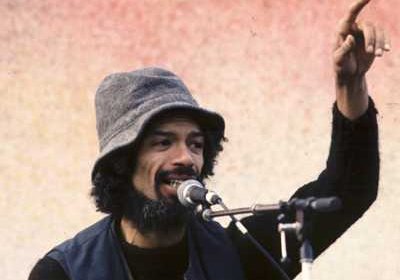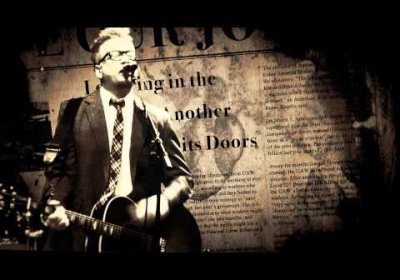882
On a section of the apartheid wall in Occupied Palestine someone spray-painted a quote from Edward Said that says: "Since when does a militarily occupied people have the responsibility for a peace movement?"
In late April, the progressive Spanish daily Publico asked why there was so little resistance to the economic crisis, despite the country’s 5 million jobless and rising misery.
Rebellion runs through pop music, but no performer has ever fused music and radical politics like Gil Scott-Heron, who died on May 27. In a series of early 1970s albums, Scott-Heron, collaborating with composer/arranger Brian Jackson, made militant funk and soul that remains unmatched. It exploded any idea that art and politics don’t mix, and has been hugely influential. Scott-Heron has become known as the godfather of rap not just because his spoken word over drumbeats prefigured the genre, but because he used the style to tell of ghetto life and urge resistance.
A subpoena from the Manhattan district attorney on June 3 has added to a growing list of official probes into investment bank and securities firm Goldman Sachs. Reuters said on June 3: “Goldman Sachs Group Inc now faces probes by several government authorities into derivatives trades it executed in late 2006 and 2007. “On Thursday, sources close to the matter said Goldman received a subpoena from the Manhattan district attorney, who joins the Justice Department and the Securities and Exchange Commission in examining Goldman's actions.”
- Page 1
- Next page







